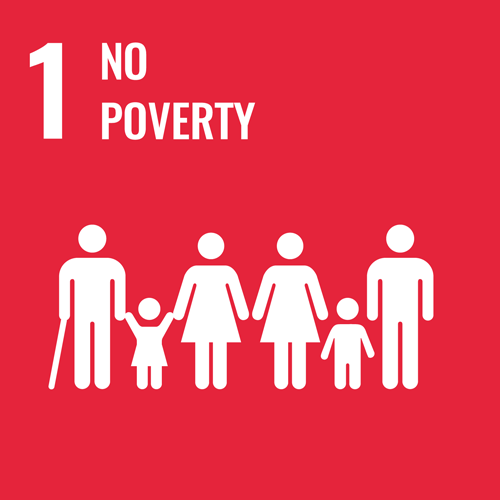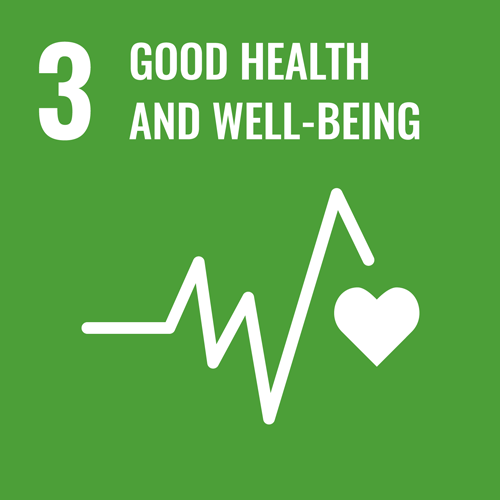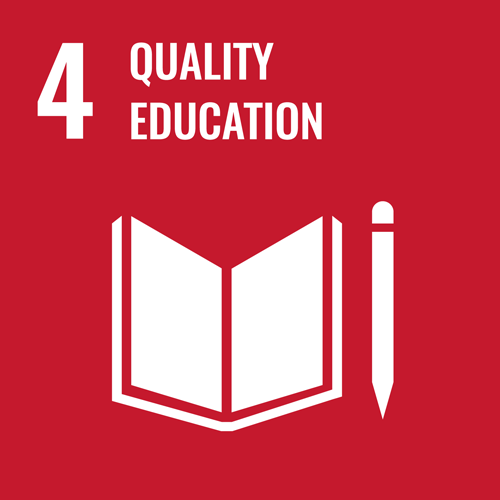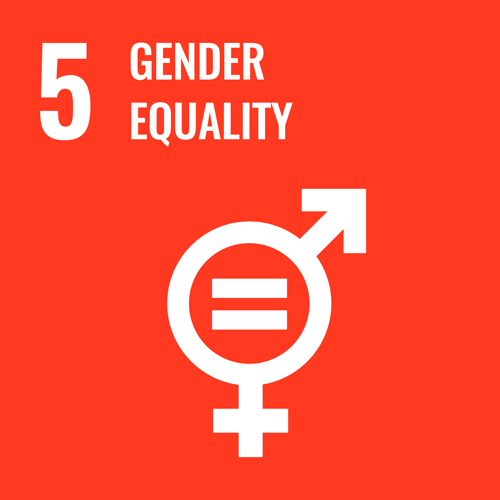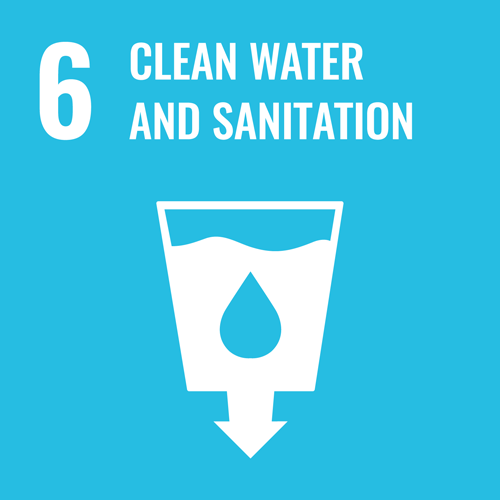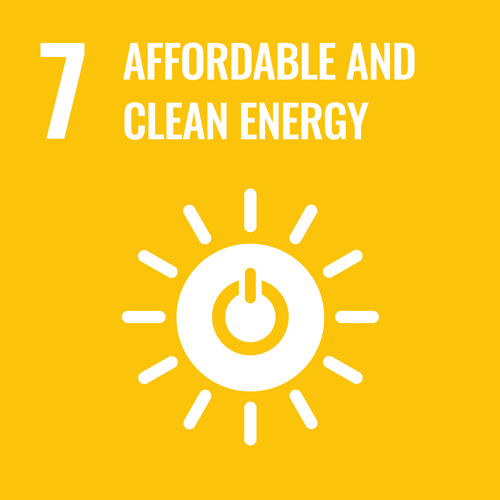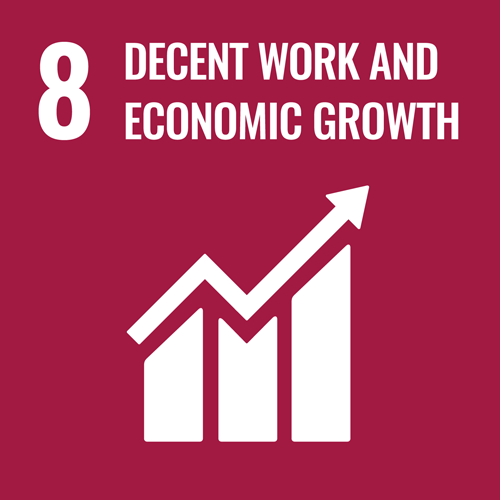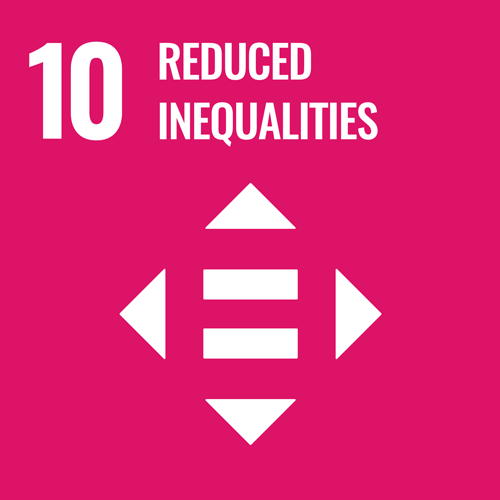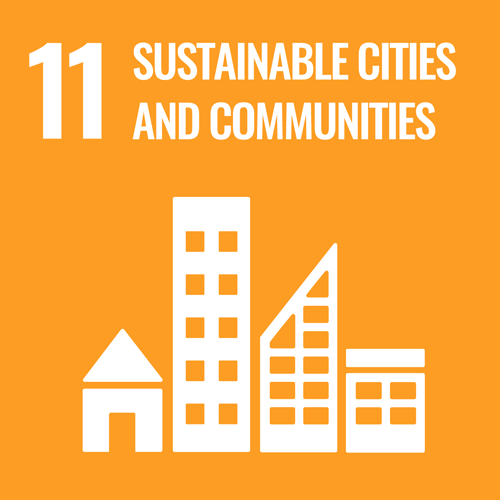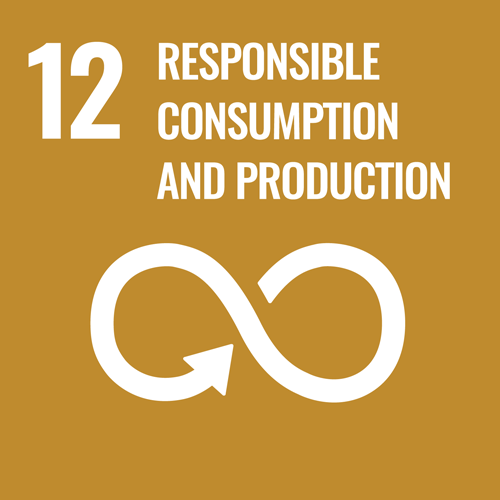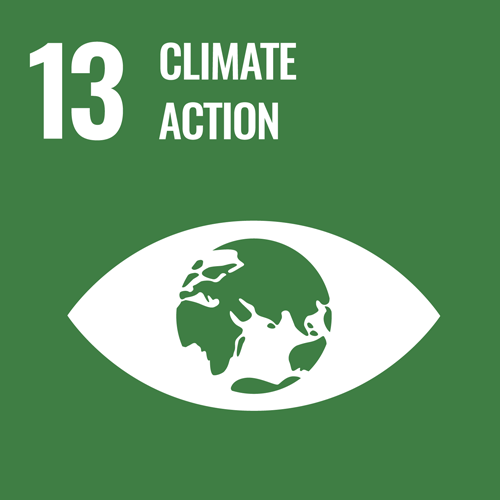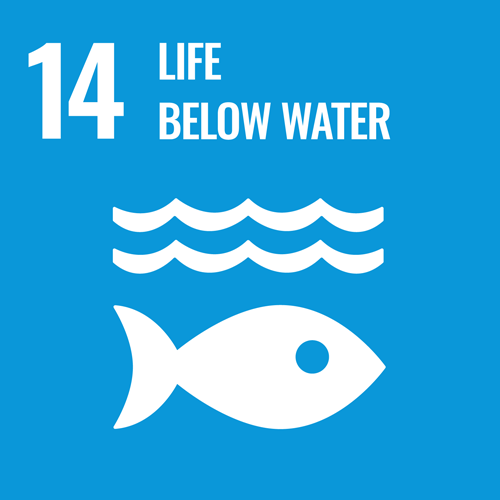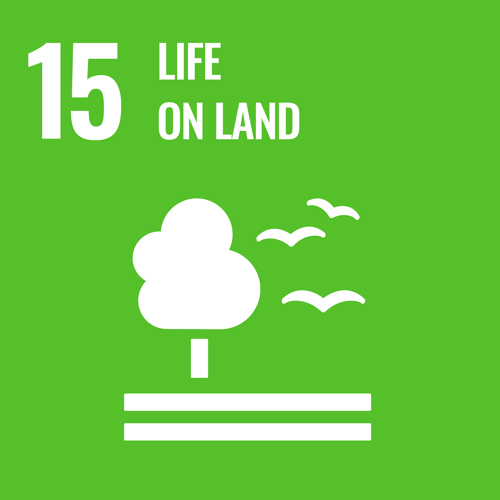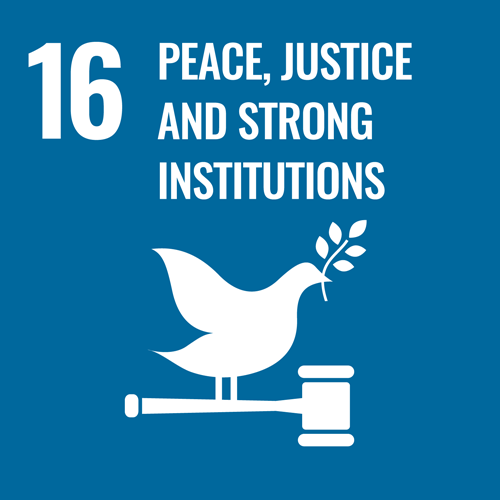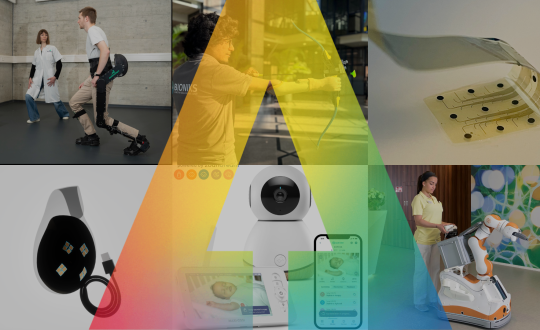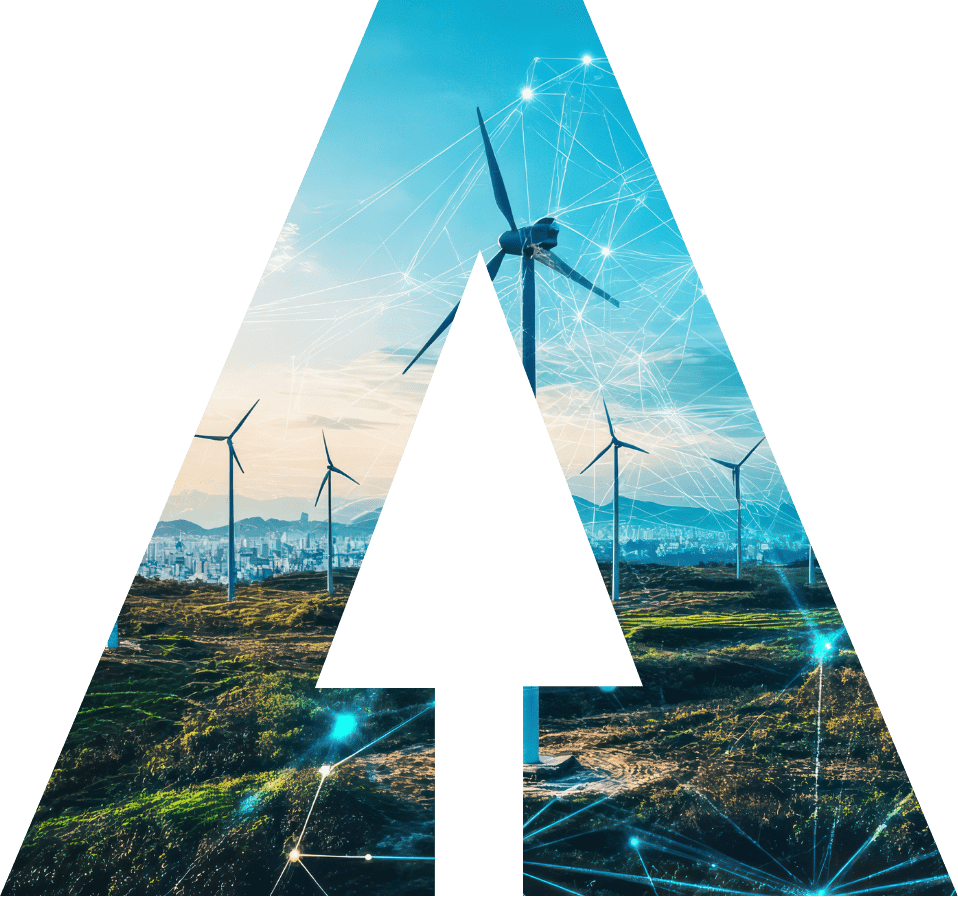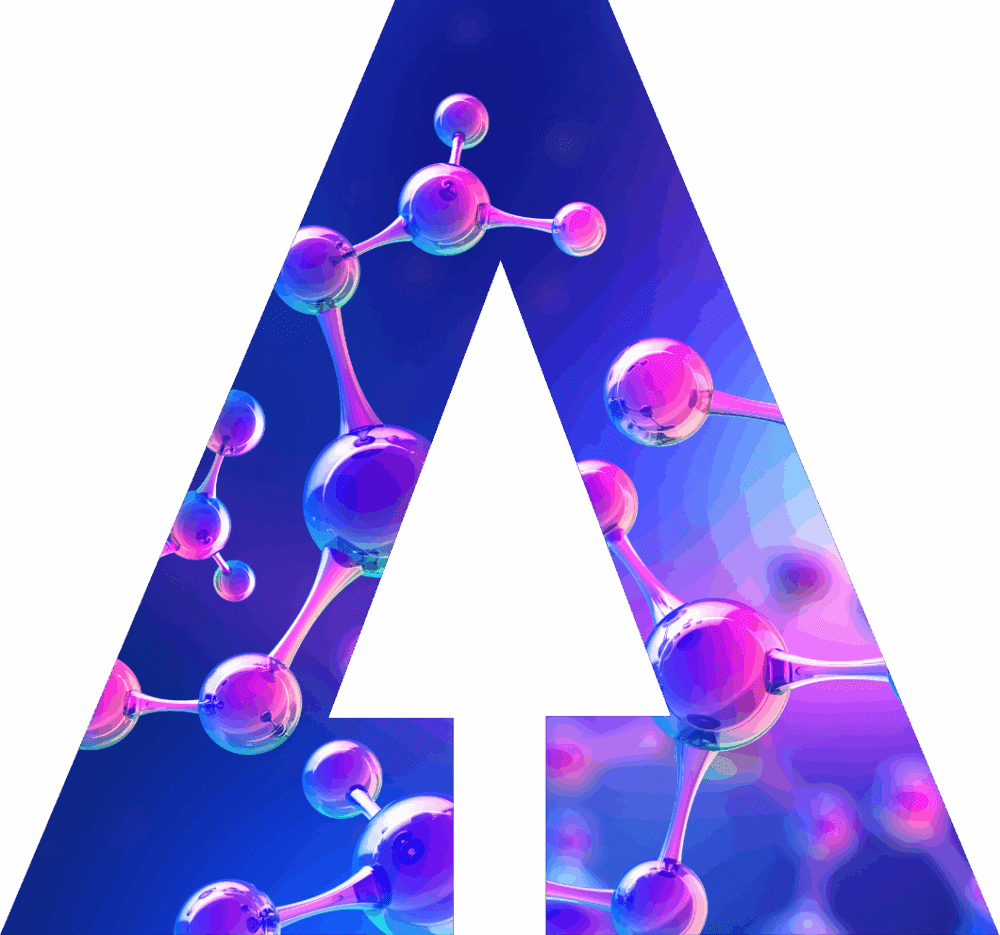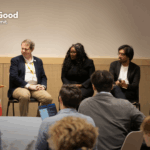Pierre Adrien Hanania Data & AI for Good leader, Capgemini
Anne-Laure Thieullent Data & AI Group Offer Leader, Capgemini
With less than 10 years to go, the United Nations is not on track to meet the goals set out for Sustainable Development by 2030. Urgent global action is needed. Innovative solutions using the latest technologies can help us understand the data and how to get back on track.
As part of Capgemini’s support for AI For Good, we recently gathered a range of experts from government agencies, businesses, and non-profits to explore ways data sharing could further the United Nations’ 2030 Agenda for Sustainable Development Goals.
During a half-day of conferences and workshops, these leaders shared their insights and experience with building data ecosystems in areas such as health, smart cities, the environment, and labor dynamics.
Here are 5 key takeaways from those conversations:
1. Data Sharing – a catalyst in achieving SDGs
While the concept is still relatively young, data sharing is being rapidly embraced. It is the next evolution of our relationship to data. These data ecosystems shift institutions from an internal focus to an external one that catalyzes new thinking and insights. The EU initiative that enables pharma companies and care organizations to share drug discovery insights to accelerate drug development is a great example. Also, the European data portal has brought together more than 1 million data sets. This dynamic can catalyze the important work being done on SDGs. And progress will depend on multiple stakeholders involvement. For instance, Shell has created a data sharing platform that allows companies to track their progress toward sustainability goals while allowing to benchmark that work against other members of their industry.
2. Scaling Solutions
One the most compelling aspects of data ecosystems is their ability to help public agencies dramatically expand their capacity to help citizens. In May 2020, there were 600,000 people unemployed in Sweden but the labor agency only had the capacity to help about 500 people per month create work profiles. By using AI and data sharing, they removed that bottleneck and could process all 600,000 in one hour. Not only did they see greater efficiency, but there was greater accuracy because many human biases were avoided.
3. Citizen Engagement
We have moved from citizens being passive consumers of data to being sovereign producers. Whether it’s via connected gadgets, interactions with government administration, or taking the bus, that creates data which provides valuable insight into preferences. There is also an opportunity to involve citizens in the planning process to help set goals on things like smart cities and sustainability that in turn builds greater buy-in for those efforts. In some quests, such as the quick assessment of symptoms in a pandemic context, citizen truly become the society’s whistleblowers by safely sharing their data with relevant stakeholders.
4. Trust And Transparency
Public agencies have a strong obligation when it comes to handling its citizens’ data. Experts across the sessions agreed that citizens feel more comfortable allowing their personal information to be used if they understand the services they are getting in return. If agencies are transparent about what data is being used and can explain the decisions that are based on that data, then that transparency can create more comfort. All public agencies should have systems in place to operationalize the trust along the appropriate values and cultures.
5. Challenges Ahead
Realizing the potential of data ecosystems will not be easy. Stakeholders must be convinced to participate and governments at different levels may need to put in place the right rules and regulations to create appropriate frameworks. There will be gaps in data that must be identified and filled through creative solutions. And while the data ecosystems can leverage new backend technologies, their design needs to include simple dashboards and interfaces so that citizens and government officials will take full advantage of them. All of these obstacles can be overcome with visionary leadership driven by people motivated committed to those SDGs.
Throughout this discussion, it became clear that data sharing requires collaboration across industries. Capgemini has become a strong advocate for the potential of data ecosystems to unleash new waves of innovation across a wide range of private industries and public agencies. The transformational power is only just being realized but holds tremendous chances for achieving those ambitious SDGs.
Watch the full replay on AI for Good YouTube Channel
“We need to enter the game of data sharing and this needs to go hand-in-hand with digital data trust in terms of a technical trust, but also a social trust – the acceptance by citizen.”
“In data sharing ecosystems, more insights can be leveraged commonly by all involved actors without them losing the ownership of data. This leads not only to a decreased time and cost to serve, but it can also engage the citizens, in their role of producers of data.”
Pierre Adrien Hanania, Data & AI for Good leader, Capgemini



